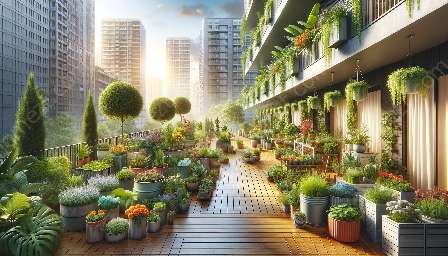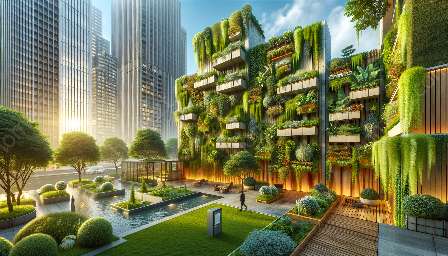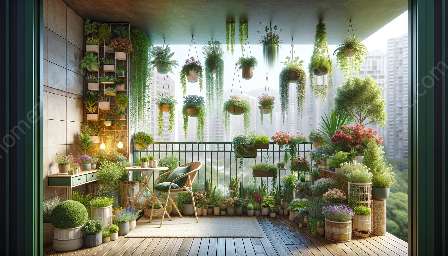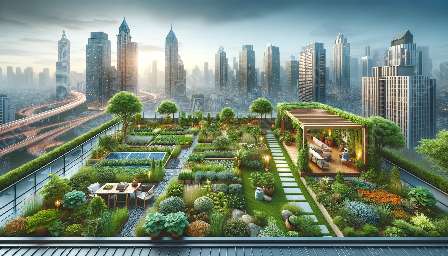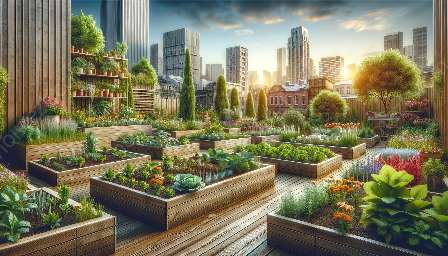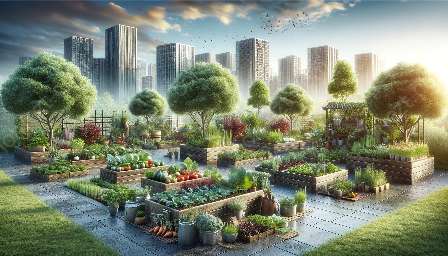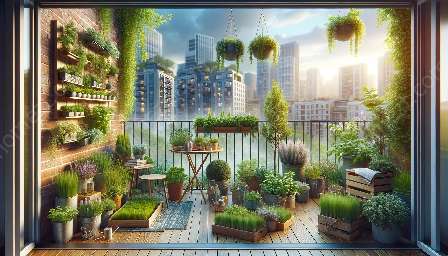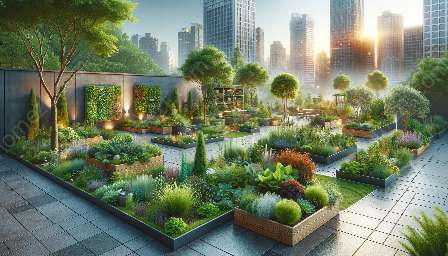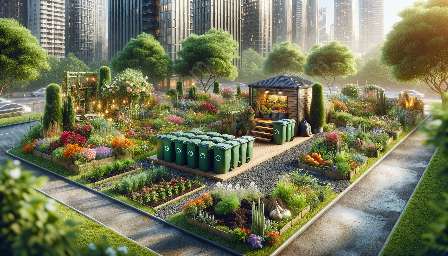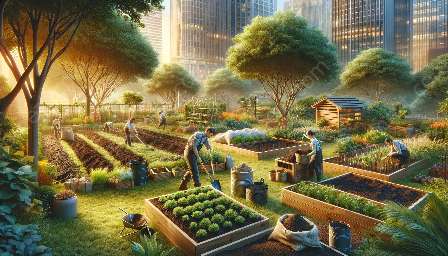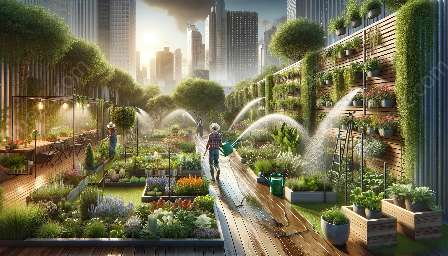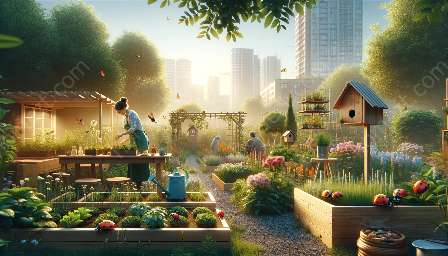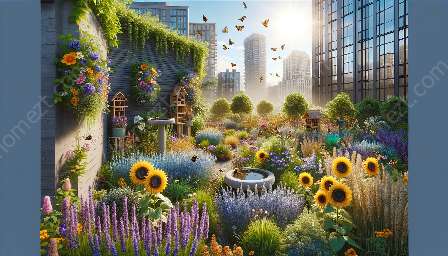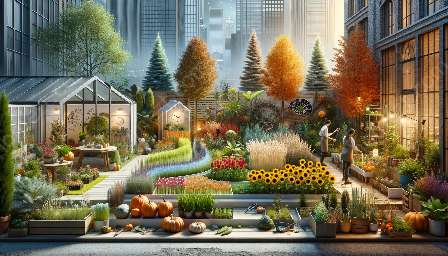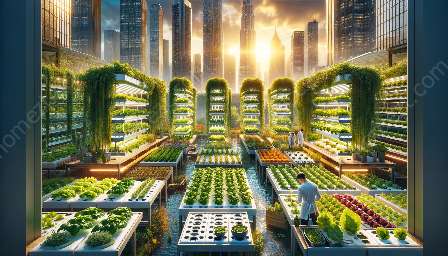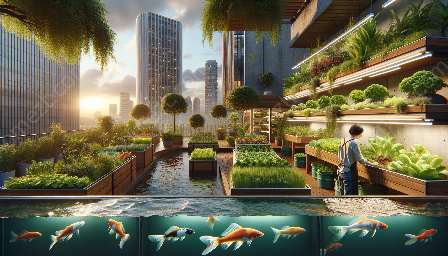Permaculture is a design system that integrates human activities with natural ecosystems to create sustainable and regenerative spaces. It aims to mimic natural patterns and processes to produce food, build communities, and enhance the environment. This innovative approach to gardening and landscaping offers a holistic and practical solution to urban living challenges.
Understanding Permaculture
Permaculture is a combination of the words 'permanent' and 'agriculture.' It was developed by Bill Mollison and David Holmgren in the 1970s and has since evolved into a comprehensive framework for sustainable living. At its core, permaculture seeks to create harmonious relationships between humans, plants, animals, and the Earth by designing systems that work with nature rather than against it.
Key Principles
Permaculture follows a set of principles that guide its implementation in diverse settings, including urban environments. These principles include:
- Earth Care: Respecting and nurturing the land, soil, water, and air.
- People Care: Meeting the needs of individuals and communities in ways that support well-being and cooperation.
- Fair Share: Redistributing surplus resources to ensure fairness and sustainability.
- Integrate Diversity: Embracing a variety of plants, animals, and microorganisms to create resilient ecosystems.
Permaculture in Urban Gardening
Urban gardening involves growing plants and food in densely populated areas, and permaculture offers practical solutions for maximizing productivity while minimizing environmental impact. Key elements of permaculture in urban gardening include:
- Vertical Gardening: Utilizing walls, balconies, and rooftops to create vertical green spaces and grow food.
- Companion Planting: Cultivating plant combinations that support each other's growth and deter pests.
- Water Conservation: Implementing rainwater harvesting, greywater systems, and efficient irrigation methods to minimize water usage.
- Waste Management: Turning organic waste into compost and utilizing it to enrich the soil and enhance plant growth.
Benefits of Urban Permaculture Gardens
Integrating permaculture principles into urban gardening offers numerous benefits, such as:
- Enhanced Biodiversity: Creating diverse and resilient ecosystems that attract beneficial insects and wildlife.
- Food Security: Producing fresh, organic food in urban settings, reducing reliance on long-distance food supply chains.
- Community Engagement: Cultivating shared green spaces that bring communities together and foster a sense of belonging.
- Food Forests: Designing landscapes that mimic natural forest ecosystems and produce an abundance of edible plants and fruits.
- Rain Gardens: Creating landscaped areas that capture and filter rainwater, reducing stormwater runoff and replenishing groundwater.
- Hugelkultur: Building raised beds with decomposing wood, creating nutrient-rich soil and promoting plant growth.
- Natural Pest Control: Utilizing companion planting and habitat design to attract beneficial insects and predators that control pests.
- Low Maintenance: Creating self-sustaining landscapes that require minimal input and upkeep.
- Resource Efficiency: Using natural materials and ecological processes to minimize water usage and energy consumption.
- Beauty and Functionality: Designing landscapes that not only look visually appealing but also serve practical purposes, such as food production and habitat creation.
Permaculture in Gardening and Landscaping
In traditional gardening and landscaping, permaculture practices can transform outdoor spaces into thriving and sustainable environments. Some key permaculture techniques in gardening and landscaping are:
Sustainable Landscaping and Permaculture
By incorporating permaculture principles into landscaping, homeowners and communities can enjoy the following advantages:
Conclusion
Permaculture provides a comprehensive approach to creating sustainable and regenerative green spaces in urban environments. By embracing permaculture principles in urban gardening, as well as in traditional gardening and landscaping, individuals and communities can contribute to a healthier, more connected, and resilient future.

